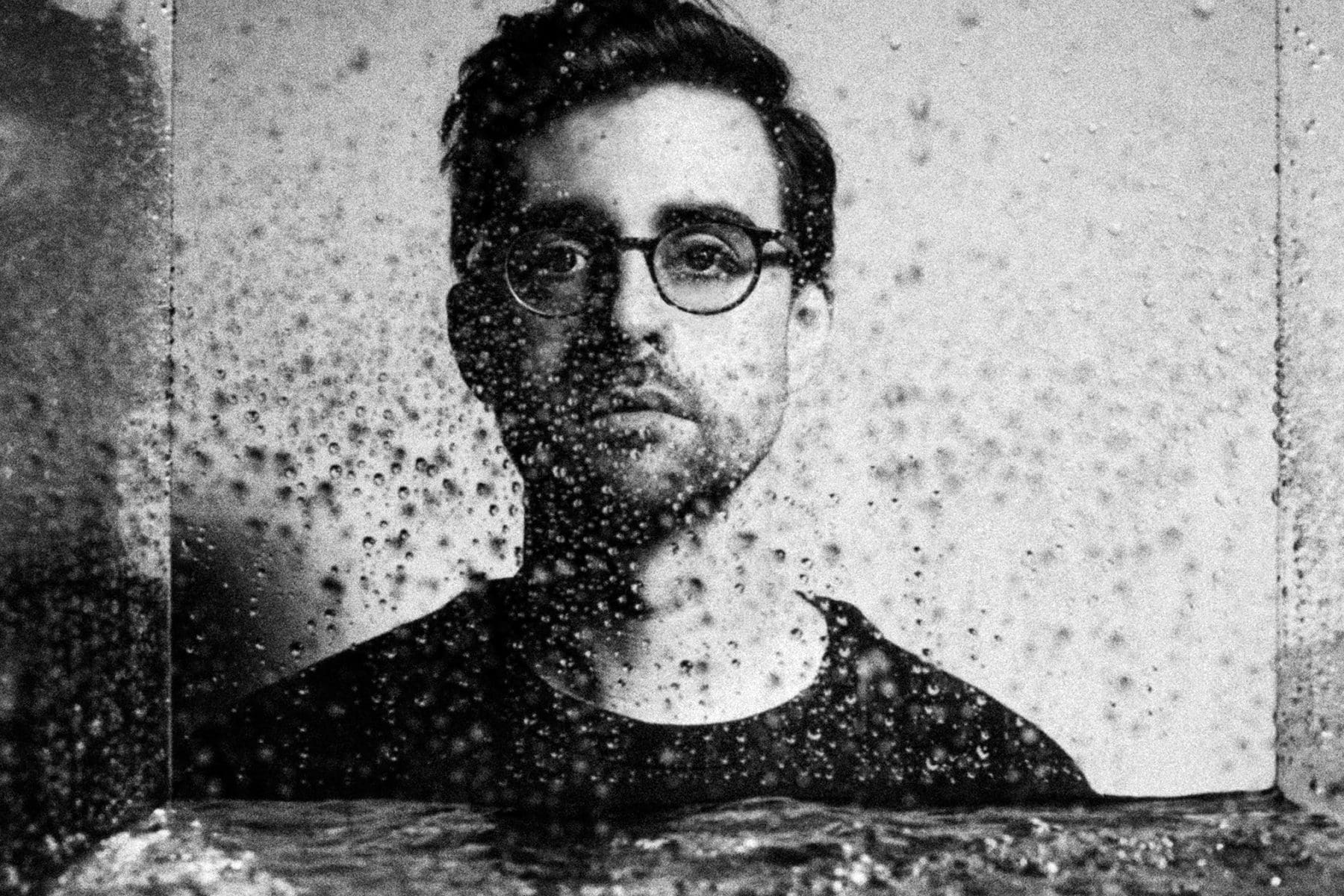

Duke Performances returns to live performance this fall with 16 presentations that welcome audiences back to stages at Duke University and in downtown Durham. Welcome Back Live!
Ahead of Chris Pattishall’s performances at von der Heyden Studio Theater, Michaela Dwyer “sat down” with the artist to chat about his work.
We encourage you to check Duke Performances’ blog to read previous Q&As with artists participating in our spring 2020 livestream series and summer 2020 Music in Your Gardens series.
Can you describe the first time you remember Mary Lou Williams’ Zodiac Suite catching your ear — your physical surroundings, emotional state, your musical and creative inclinations at the time? What compelled you to eventually devote serious artistic attention to it?
I was emerging from the Holland Tunnel into downtown Manhattan in 2011 with local jazz station WBGO on the radio. I was stunned by a song I heard, learning from the announcer that it was “Cancer” from Mary Lou Williams’ Zodiac Suite. This triggered a memory from my teenage years of going to see Geri Allen perform the suite at Duke. I went back to listen to the original studio recordings of the suite and was blown away. It reminded me of Bud Powell’s “Glass Enclosure” — a composition that in my opinion defies genre categorization — expanded to a larger scale.
I grew up listening to hip-hop, and the crate-digger ambition of finding something rare and special resonates with me. I fell in love with the Zodiac Suite and saw that very few musicians were aware of it. What started as the excitement of finding something rare grew into a desire to share how special the music is with as many musicians and listeners as possible.
How has this body of work lived with you — or how have you lived with it — over the course of this past locked-down year, and what has it felt like to push the recording into the public during this time?
The initial recording sessions for Zodiac were in November 2017 and the record was essentially done by the end of 2018. In a way, I was used to sitting on the record and waiting to share it prior to the pandemic, so pushing back the release date wasn’t a difficult decision. During the last year, I thought often about the period in Mary Lou’s life when she stopped playing music, a time of intense pain and doubt. Throughout this time Mary Lou continued to care for her community, to take care of others. Obviously the circumstances are different, but I have drawn strength from her example.
Releasing the album has been a joy. I have loved this music for a decade. To share it widely and have people join in that love has been a light for me in the last year.
While increasingly celebrated, Williams’ legacy within and beyond the music world as musician, composer, and educator is still limited by canonical exclusions around race and gender. In what ways did you navigate these ethical entanglements around identity as you approached her work? (You’ve been clear, for instance, that Zodiac is an interpretation, not a re-recording, of Williams’s suite.)
I believe very much in recognizing not just Mary Lou’s musical genius and influence, but her experience as an African American woman in the 20th century. This involves acknowledging the limits of my experience and seeking to understand Mary Lou on her terms. It also means recognizing her experience in my own efforts as a performer and teacher, doing my part to contextualize the music, and share a full picture of her life. I also believe that it’s equally important to celebrate living female musicians and artists. I would be missing the point if I didn’t support my colleagues and contemporaries. I do not claim to get it right all the time, but I actively seek to be part of a diverse community. In the making of Zodiac, I recognized that my ensemble was all men and made a conscious decision to collaborate with women at other stages of the process. As I return to performing and find new creative outlets in a post-pandemic world, I aim to immerse myself in as diverse of a community as possible.
Duke Students & Employees save more!